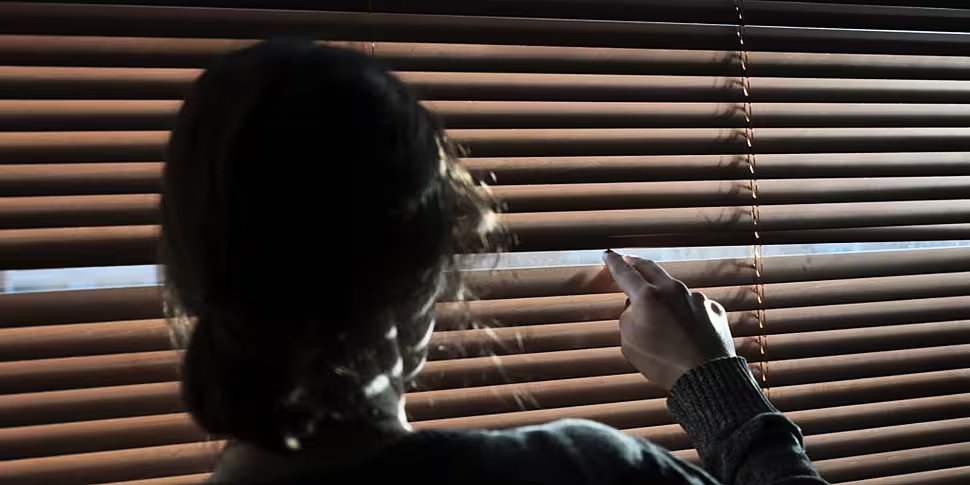Coercive control is a ‘liberty crime’ according to domestic abuse charity Women’s Aid.
It comes as coercive control survivor Nicola Hanney spoke out on her struggles in the documentary Taking Back Control, which aired on RTÉ One last night.
Her former partner, Garda Paul Moody, was convicted and jailed for the abuse in July and is currently serving three and a half years of jail time.
Ms O’Dea said Nicola was an extremely brave woman for coming forward.
“It was extremely courageous of her and we really commend Nicola and thank her for what she did,” she said.
“She shared her story; she’s a survivor and the voice of the survivor is phenomenal.
“It really gives an insight that nobody else can as to what coercive control does.”
Crime
Coercive control has been a crime in Ireland since January 2019.
Ms O’Dea gave some insight into what translates as coercive control in a relationship.
“It’s about controlling behaviours that have an impact on a person’s life, that the victim has to modify her behaviour and is prevented from doing things,” she said.
“It’s a liberty crime actually, is what it is, because you can no longer do the things you used to do. You can no longer see your friends and family.
“You’re stopped from sending money, you’re sometimes told what to wear, who to talk to, what to say. It can also include physical abuse.”
Red flags
There are a number of early red flags to look out for in terms of spotting coercive control, according to Ms O’Dea.
“In the early days of the relationship what you might notice is things are very intense and going very quick, there’s a lot of contact from this partner,” she said.
“Then there’s questioning of where you are and sometimes that can present itself as someone being attentive.
“Quickly you will see it’s not attentiveness, it’s veering into controlling behaviour – ‘Where were you at that time, you said you were with that person’ and stuff like this.”
Advice
Ms O’Dea has advised anyone who may have suspicions that a friend or family member is going through abuse, to contact that person.
“Basically, make yourself available to the person,” she said.
“If they are being a bit reluctant in meeting you that can be because of the coercive behaviour of their partner.
“Maybe they can’t meet for that Christmas drink, but make the effort to contact again. Keep that contact with them.
“You’ve got to create opportunities for the person to open up and talk, you have to keep that contact even if they’re putting you off.”
Alternatively, their website womensaid.ie has an instant messaging support service and lots of additional helpful information.
Listen back now:
Main image: A woman looks out a window through a blind. Picture posed by model. Picture by: Tim Goode/EMPICS Entertainment









